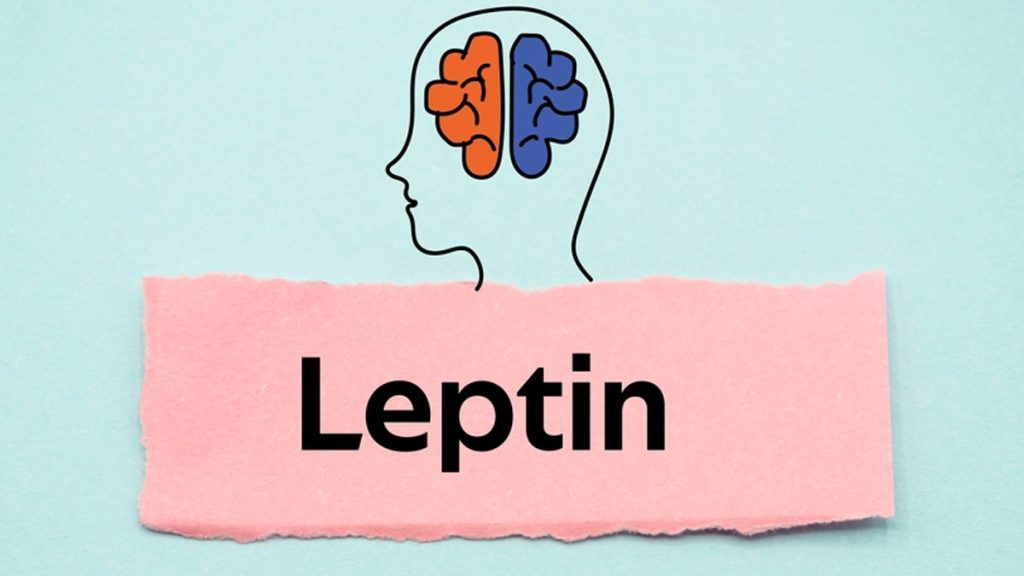Obesity treatment is a set of methods applied to reduce excess body fat and achieve a healthy weight
Obesity can lead to serious health problems such as heart disease, diabetes, hypertension and some types of cancer. Therefore, treatment aims not only to lose weight but also to reduce the risk of these diseases. The goal of treatment is to promote and maintain weight loss through healthy eating habits and regular physical activity.

What is Obesity Treatment?

Obesity treatment is a set of methods applied to reduce excess body fat and achieve a healthy weight. Obesity can lead to serious health problems such as heart disease, diabetes, hypertension and some types of cancer. Therefore, treatment not only reduces weight but also reduces the risk of these diseases.

In the treatment of obesity, it is important to create an individualized treatment plan. Each individual’s needs and goals are different, so the treatment process should be personalized. The treatment plan is determined in collaboration with health professionals such as doctors, dieticians and psychologists. In some cases, medication or surgical intervention may also be required.

Obesity is the excessive and abnormal accumulation of fat in the body to the extent that it impairs health. Body Mass Index (BMI) calculation based on height and weight is used to calculate obesity: Body mass index is weight in kilograms divided by the square of height in meters. A person with a body mass index (BMI) calculation value above 30 is considered obese and a person above 40 is considered morbidly obese.
1
Creating a healthy and balanced diet is the basis of obesity treatment. It is important to reduce calorie intake, control portions and consume foods with high nutritional value.
2
Regular exercise is important for weight loss and weight control. At least 150 minutes of moderate aerobic activity per week is recommended. Activities such as walking, swimming and cycling may be preferred.
3
Behavioral therapies are used to promote and sustain healthy living habits. These therapies provide motivation to change eating habits and increase physical activity.
What are the Causes of Obesity?
Irregular and unbalanced diets, fast-food, and lack of exercise lead to weight gain and fat accumulation in some vital organs. Eating uncontrolled meals after a long fast, consuming too much carbohydrate-containing foods and sugary drinks are some of the nutritional mistakes that cause obesity.
If both parents are overweight, the likelihood of obesity in children is 80 percent. Some hormonal causes such as diabetes, thyroid gland diseases, adrenal gland diseases may be among the causes of obesity.
In order to prevent obesity, a healthy diet and active lifestyle should be adopted starting from childhood.
Obesity, which is becoming increasingly common in the world, significantly affects the quality and duration of life. However, obesity is a treatable disease.
In the treatment of obesity, diet accompanied by exercise or surgical methods are applied. Experts aim to reach and maintain a healthy weight by determining the appropriate treatment method for the person.
By overcoming obesity, you can also fight diseases such as high blood pressure, heart disease, sleep apnea, breast cancer, colon cancer and prostate cancer and step into a healthy life.
Posts
The Impact of Sugar on Obesity and Weight Health
Have you ever noticed how sugary snacks feel irresistible in the moment yet leave you hungry again soon afterward? This everyday experience highlights a larger pattern shaping modern health. Sugar[…]
Read moreObesity and Sleep Apnea: What You Should Know
Obesity and sleep apnea often appear together in clinical discussions because weight-related changes around the neck and airway can significantly alter nighttime breathing patterns, creating a cycle that affects energy,[…]
Read moreTechnology Tools That Support Weight Loss
Many people begin their weight loss journey with enthusiasm yet struggle to maintain steady habits over time because routines shift, expectations change, and life adds new pressures almost every day.[…]
Read moreCan Obesity Develop Without Any Overeating Habits?
Have you ever looked at someone who struggles with weight and wondered whether overeating is the whole story? Many people think obesity simply comes from eating too much, yet the[…]
Read moreAdvanced Blood Work for Obesity Evaluation
You step on the scale and numbers tell a partial story. Your meals seem balanced, yet energy still swings. Lab reports from last year look basic and thin. You wonder[…]
Read moreWeight Loss Plateaus and Why They Commonly Happen
The trajectory of intentional body weight reduction is almost never a straight line, defying the simple arithmetic of calorie counting that often characterizes its initial phase. Instead, many individuals encounter[…]
Read moreHow to Set Realistic and Achievable Weight Loss Goals
The quest to manage body weight often begins with an almost ritualistic, yet profoundly flawed, declaration: a massive, often arbitrary number that a person resolves to shed in a short[…]
Read moreUnderstanding How Leptin Resistance Affects Your Body
The intricate biological system governing energy balance is frequently discussed, but often simplified into a caloric equation of input versus output. Central to this system is the hormone leptin, a[…]
Read moreNon-Surgical Options for Obesity Treatment
The landscape of obesity management has undergone a dramatic transformation in recent years, shifting away from a binary choice between lifestyle modification and drastic bariatric surgery towards a much broader[…]
Read more









